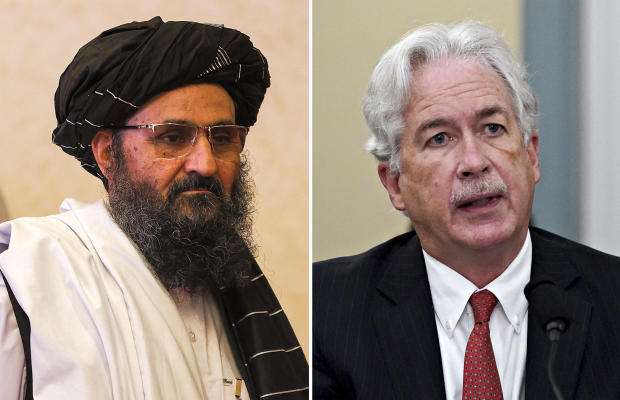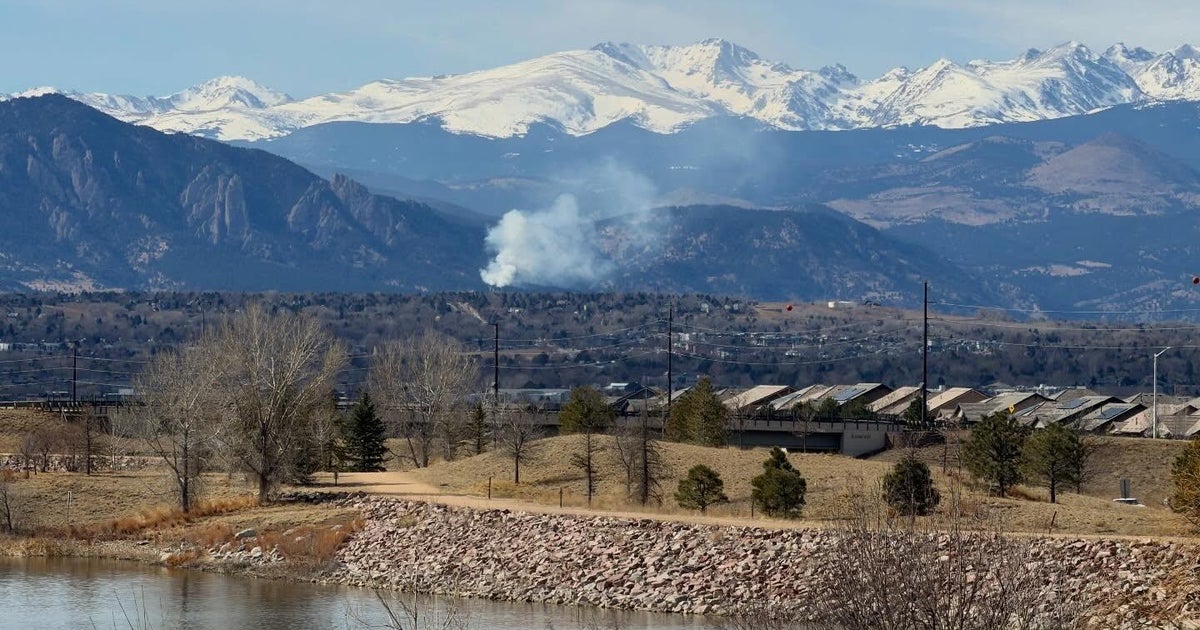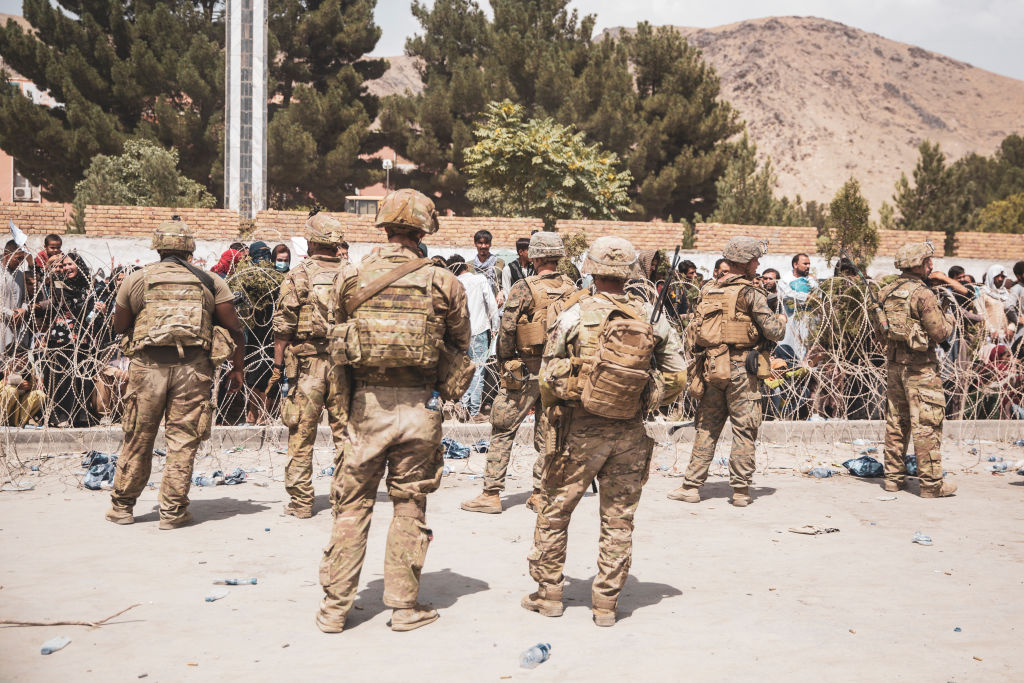CIA director held secret meeting with Taliban leader in Kabul
Washington — CIA Director William Burns met with the Taliban's de facto leader in Kabul on Monday, a source familiar with the situation said, in what marks the group's highest-level encounter with the Biden administration since the fall of the Afghan capital.
News of the meeting between Burns and the Taliban leader, Abdul Ghani Baradar, comes one week before the August 31 deadline for the U.S. military to complete its evacuation of Americans and Afghan allies from Kabul. Roughly 21,600 people were evacuated from the capital over a 24-hour period on Monday and Tuesday, including 12,700 evacuees on 37 military flights, a White House official said.
A U.S. defense official said the military expected a decision from the White House on Tuesday on whether or not the U.S. will leave Afghanistan by the August 31 deadline.
To date, the Taliban have allowed the American evacuation effort to proceed largely unimpeded, though there have been reports of beatings and injuries in the airport's chaotic perimeter. U.S. officials have warned that the massive crowds could be a target for a terrorist attack by the group known as ISIS-K, which is known to operate in Afghanistan.
A Taliban spokesperson told CBS News that extending operations beyond August 31 would be a "violation" of the U.S. commitment to withdraw. "The response depends on the decision of our leadership," the spokesperson said.
Baradar, a longtime Taliban official, was arrested by the CIA in a joint operation with Pakistan's intelligence service in 2010 in Karachi. He went free in 2018 after the U.S. pushed for his release while starting talks with the Taliban. The Washington Post first reported Monday's meeting with Burns.
Burns is the first career diplomat to lead the CIA, having served as deputy secretary of state from 2011 to 2014 after spending more than three decades at the State Department. In his memoir, "The Back Channel," he describes the secret bilateral talks he led with Iran during the Obama administration alongside Jake Sullivan, now President Biden's national security adviser. The talks eventually paved the way to the nuclear deal with Tehran.
In interviews and congressional testimony, Burns has acknowledged that U.S.'s ability to collect and act on terror threats will diminish following the military's withdrawal, but that the CIA would retain a "suite of capabilities" to monitor potential plots. Pentagon and intelligence officials have warned that al Qaeda and other terror groups would likely seek to regain an ability to launch attacks on U.S. targets.
On Monday, the State Department said discussions with the Taliban had been "operational, tactical ... focused largely on our near-term operations and near-term goals" but did not specify at what level engagements were happening.
The CIA and the National Security Council declined to comment on Tuesday.





